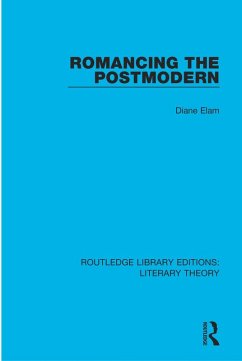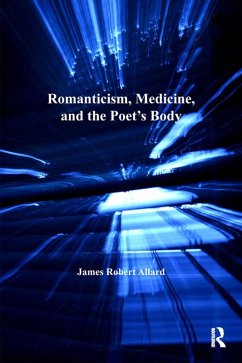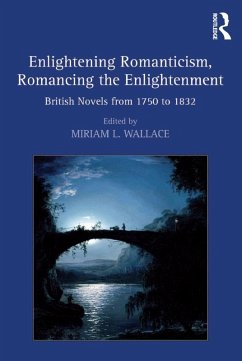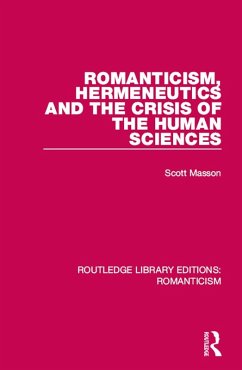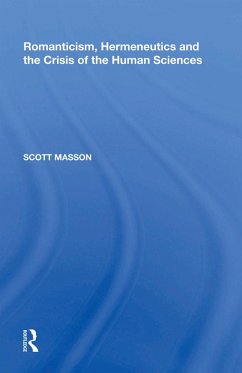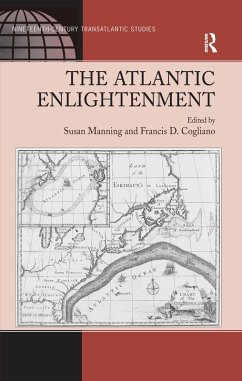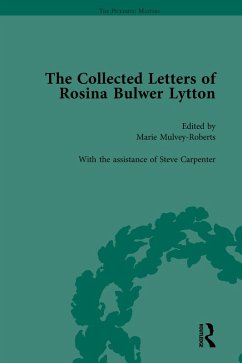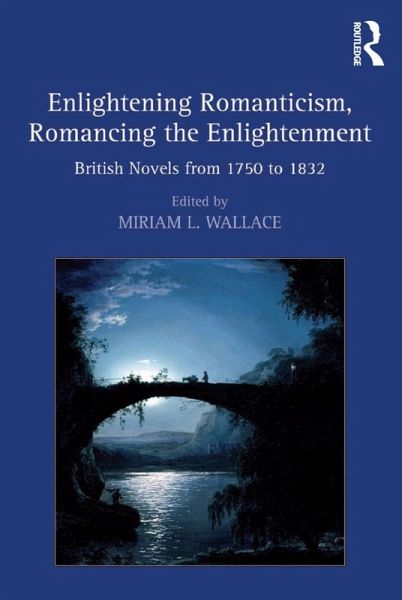
Enlightening Romanticism, Romancing the Enlightenment (eBook, ePUB)
British Novels from 1750 to 1832
Redaktion: Wallace, Miriam L.
Versandkostenfrei!
Sofort per Download lieferbar
56,95 €
inkl. MwSt.
Weitere Ausgaben:

PAYBACK Punkte
28 °P sammeln!
As eighteenth-century scholarship expands its range, and disciplinary boundaries such as Enlightenment and Romanticism are challenged, novels published during the rich period from 1750 to 1832 have become a contested site of critical overlap. In this volume, scholars who typically write under the rubric of either the long eighteenth century or Romanticism examine novels often claimed by both scholarly periods. This shared enterprise opens new and rich discussions of novels and novelistic concerns by creating dialogue across scholarly boundaries. Dominant narratives, critical approaches, and me...
As eighteenth-century scholarship expands its range, and disciplinary boundaries such as Enlightenment and Romanticism are challenged, novels published during the rich period from 1750 to 1832 have become a contested site of critical overlap. In this volume, scholars who typically write under the rubric of either the long eighteenth century or Romanticism examine novels often claimed by both scholarly periods. This shared enterprise opens new and rich discussions of novels and novelistic concerns by creating dialogue across scholarly boundaries. Dominant narratives, critical approaches, and methodological assumptions differ in important ways, but these differences reveal a productive tension. Among the issues engaged are the eighteenth-century novel's development of emotional interiority, including theories of melancholia; the troubling heritage of the epistolary novel for the 1790s radical novel; tensions between rationality and romantic affect; issues of aesthetics and politics; and constructions of gender, genre, and race. Rather than positing a simple opposition between an eighteenth-century Enlightenment of rationality, propriety, and progress and a Romantic Period of inspiration, heroic individualism, and sublime emotionality, these essays trace the putatively 'Romantic' in the early 1700s as well as the long legacy of 'Enlightenment' values and ideas well into the nineteenth century. The volume concludes with responses from Patricia Meyer Spacks and Stephen C. Behrendt, who situate the essays and elaborate on the stakes.
Dieser Download kann aus rechtlichen Gründen nur mit Rechnungsadresse in A, B, BG, CY, CZ, D, DK, EW, E, FIN, F, GR, HR, H, IRL, I, LT, L, LR, M, NL, PL, P, R, S, SLO, SK ausgeliefert werden.




